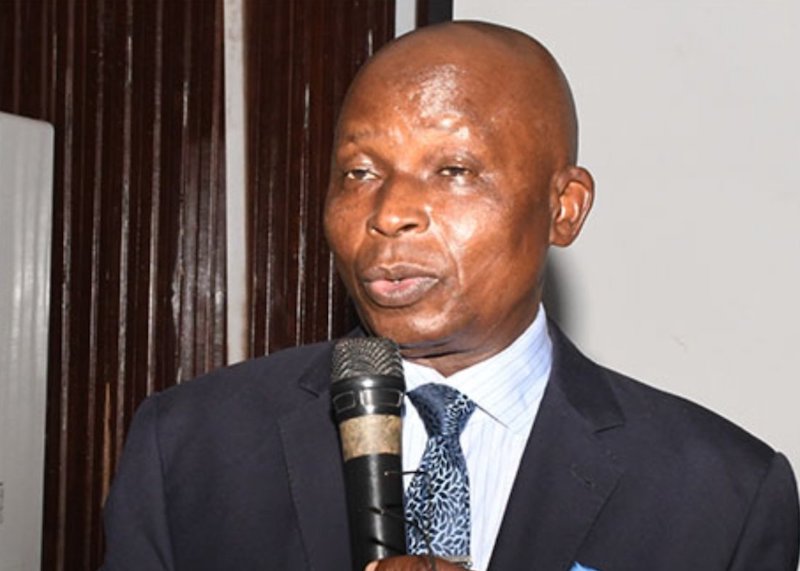The Minister of Information and Culture, Alhaji Lai Mohammed, says cultural restructuring is a gateway to the nation’s development.
He said this at the quarterly public lecture series organised by the National Institute for Cultural Orientation (NICO) on Thursday in Abuja.
Represented by Mrs Meimunat Idula, the Director, International Relations, Lai said that no meaningful development could take place in the absence of an indigenous cultural approach to issues affecting the people.
“This lecture is indeed a platform positioned not only to help the institute achieve its mandate of cultural sensitisation, but also to discuss on topics that serve as a focus for orientation in cultural matters for decision makers.
“The topic of today’s lecture is important, considering recent happenings in the polity brought about by indiscriminate assimilation of foreign cultural elements into our cultural life, which has threatened the very fabrics of our co-existence as a people,” he said.
He, however, noted that indiscriminate assimilation of foreign cultural elements into indigenous cultural life had intensified the crisis in the society.
Earlier, Malam Ado Yahazu, the Executive Secretary, NICO, said the public lecture series was conceptualised as a vibrant programme that would provide a forum for intellectual discourse on culture.
Yahuza added that it was a programme designed to sensitise Nigerians on the importance of culture in the promotion and sustenance of good governance and democracy.
“The topic of today’s lecture is not only apt but also timely, we need to be reminded that there is no culture future without culture because culture is pertinent to the development of any society,” he said.
Prof. Sule Bello, the Guest Lecturer from Ahmadu Bello University, Zaria, spoke on: “Imperial Cultural Illusions, Delusions and Hallucinations: Major Sources of Africa’s Contemporary Development Crisis”.
He stressed that imperial or colonial culture has had an impact on the nation for 500 years.
Bello further said that racism was an illusion created to establish self control, while tribalism was a serious scourge in Nigeria.
“Culture is the heart, essence, mechanism, expression of development which is significant in development of any nation.
“No country that is developed and not speaking their own language, not completely independent is devoid of foreign interferences and policies.
“Leaders and citizens live in ignorance of themselves, we must first raise questions that are pertinent to finding lasting solutions to the role that culture plays in development,” he said. (NAN)




